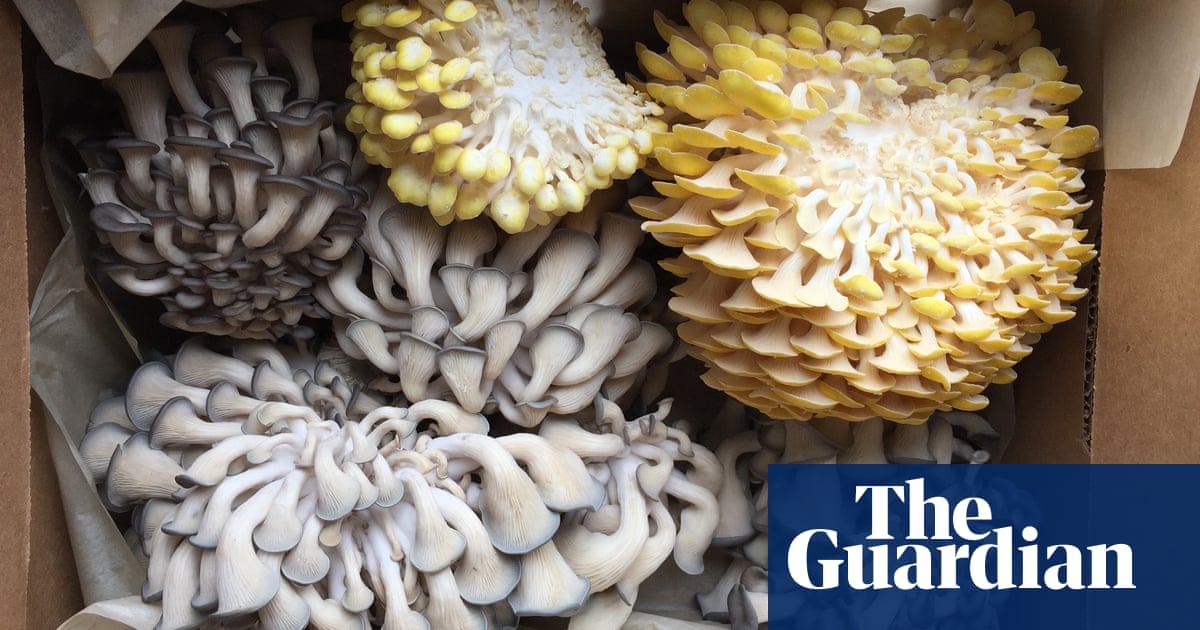Summary:
Smallhold aimed to transform the food industry by promoting mushrooms as a sustainable food source.
The company faced bankruptcy due to over-reliance on venture capital and a shift in focus towards tech.
Elly Truesdell stressed the importance of combining sustainability with product quality and cost.
Key lessons for entrepreneurs include building a strong brand and maintaining financial responsibility.
When Andrew Carter and Adam DeMartino launched Smallhold in 2017, they aimed to transform the food landscape by making mushrooms accessible and appealing. Carter noted that "mushrooms are one of the most sustainable calories on the planet" in terms of water, waste, plastic use, and greenhouse gas emissions. Over the years, Smallhold successfully introduced specialty mushrooms such as shiitake, blue oyster, and trumpets into grocery stores, amassing a strong brand presence.
 Smallhold co-founders Adam DeMartino and Andrew Carter, in New York.
Smallhold co-founders Adam DeMartino and Andrew Carter, in New York.
However, the journey took a downturn when the founders stepped down, leading to the company's bankruptcy. Despite being restructured and emerging from bankruptcy, Smallhold became a shadow of its former self, shutting down farms and laying off staff.
Do: Find a Niche and Sell More Than Sustainability
Elly Truesdell, a former Whole Foods forager, emphasized that while sustainability is crucial, it’s not enough. Smallhold's unique offerings attracted customers, but they had to ensure product quality and cost were competitive too.
Don’t: Take On Too Much Money
Smallhold's downfall stemmed from over-reliance on venture capital. As DeMartino noted, they shifted focus to tech that complicated operations, leading to higher costs and slower profitability. This ultimately displeased investors who sought quick returns, resulting in halted funding and cash flow issues.
Lessons for Other Entrepreneurs
- Build a Strong Brand: Create a unique visual identity in the market.
- Pair Sustainability with Other Values: Offer high-quality products along with sustainable practices.
- Financial Responsibility: Treat financial stability with the same importance as social and environmental responsibilities.
Despite its challenges, Smallhold managed to carve out a niche for specialty mushrooms, contributing to the growing demand for sustainable food options.









Comments